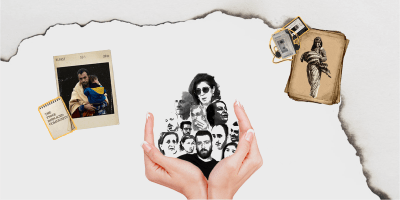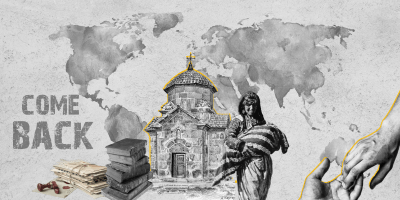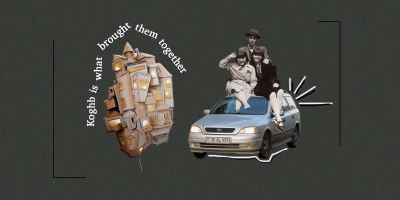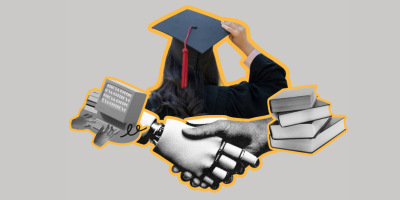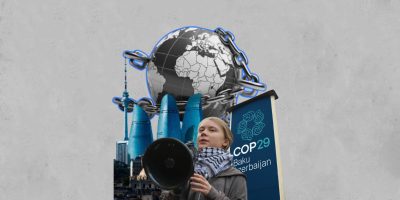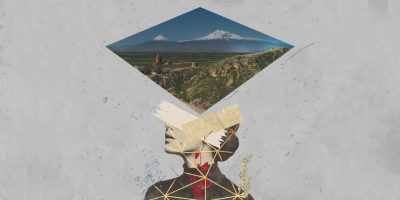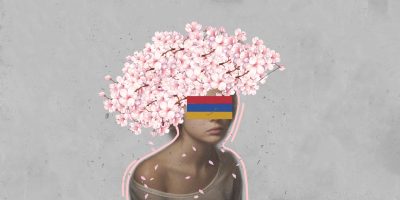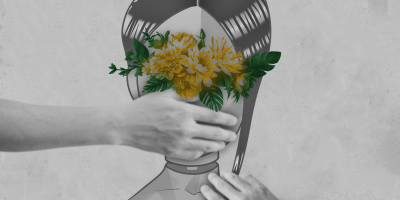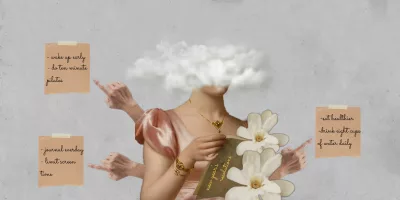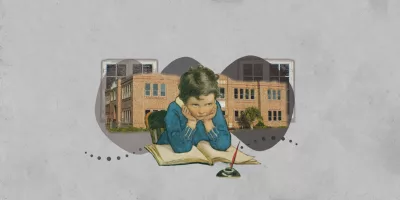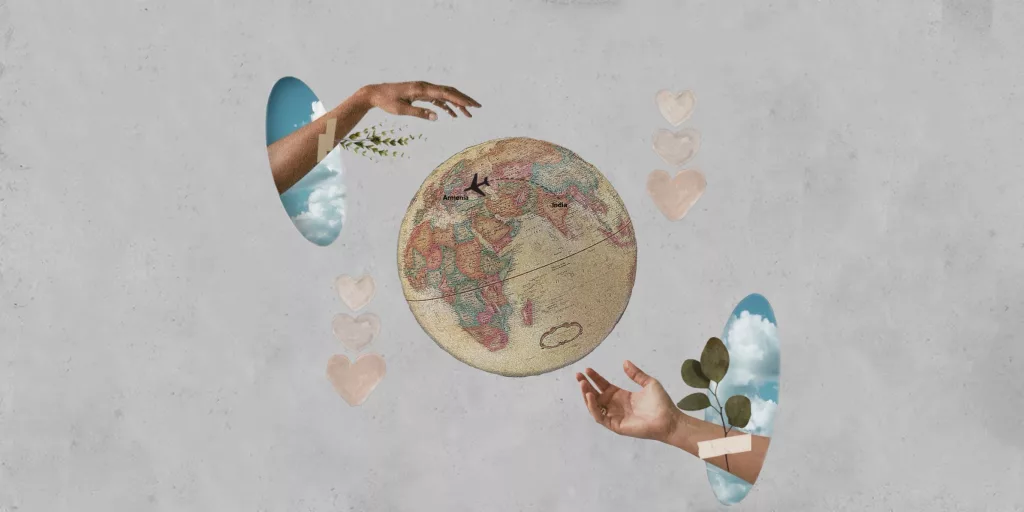
Indian immigration to Armenia has drastically increased as they seek better opportunities. From work to educational opportunities and tourism, Armenia has become a popular destination for Indians as “more than 37,000 Indians entered Armenia only in the first nine months of 2023,” according to the Migration Service of Armenia.
To prevent racial discrimination, the United Nations adopted the International Convention on the Elimination of All Forms of Racial Discrimination. By ratifying the convention, states take steps to eliminate racial discrimination within their territory. When a country has not ratified, it may indicate a lack of commitment to addressing racial discrimination at the international level. Unfortunately, Armenia has not ratified the convention yet.
The more diverse Armenia becomes, the more we see racial discrimination, especially against Indians. In December 2023, an Armenian TikToker’s video went viral as it showcased him yelling violently at an Indian delivery employee wearing a military-patterned jacket. The TikToker forced him to remove it, using violent language. In addition, many Armenian users supported the discrimination and showed racism against Indians in the comments section, whereas others defended the Indian employee in the video.
Hovhannes Nazaretyan, EC’20 alumni and staff writer at EVN Report shares his perspective on Armenians’ attitude toward Indians residing in Armenia. “With the recent surge in the number of Indian migrant workers, they have primarily gained a reputation as low-skill, low-paid laborers who fill the gap in unwanted and underpaid jobs, particularly in food delivery, and are sometimes looked down upon in public,” he says.
As the influx of Indian immigrants to Armenia continues to rise, so does the prevalence of racial discrimination, particularly targeting Indians, in comparison to other ethnic minorities in Armenia. A survey conducted by the Caucasus Research Resource Center in 2021 showcases that 71% of the surveyed respondents disapproved of Armenian women marrying Indians, whereas another survey of the same year found that 68% of the respondents disapproved of Armenian women marrying Chinese.
Upasna Dutt, MPH’23 alumna, came to Armenia in 2019 to pursue her master’s degree at YSMU and later at AUA. She mentions that racism towards Indians is present in many countries, but she has experienced it most in Armenia. “Racism begins from the local transport when Armenians are talking about Indians on the bus, and you understand what they are saying but you can do nothing,” she shares. The discrimination expands to supermarkets, banks, hospitals, and mostly, workplaces. Upasna, like many other Indians, has been rejected by bigger institutions and companies in Armenia regardless of her competence and skills.
Cultural diversity bears many benefits within a country. It creates opportunities for cultural understanding, new language skills, knowledge, and experiences. Moreover, studies show that cultural diversity in the workplace can foster economic growth of the company. Therefore, we as Armenians need to be more accepting of other ethnic minorities in Armenia as they can bring new perspectives and become vital team players at all levels of society. Additionally, Armenians, too, are ethnic minorities in various countries, and they would expect to be treated with respect and be seamlessly integrated into different societies.
Upasna believes that civil society has more power to change this situation than the government as this is a social problem. “I would definitely want this to start from a basic level from how Armenian kids in school are taught about first aid, natural disaster preparedness, management, and safety, they should also be taught about how to live among people from other nationalities,” she suggests.
Acceptance toward other ethnic minorities starts with awareness and education. Armenians must normalize naturally integrating ethnic minorities in various institutions of our society. After all, we are all residents of the same country, and we experience all types of events, good or bad, together. “As an Indian, with all the downs that I’ve had in Armenia, I’ve also had an equal amount of ups,” Upasna says. “Armenia is my second home and will always be.”

